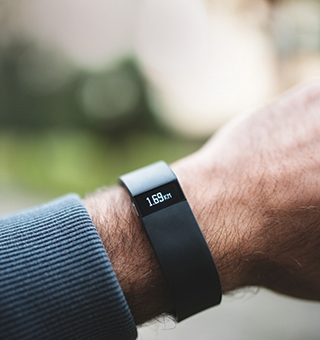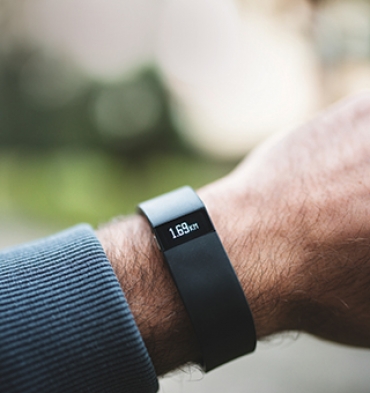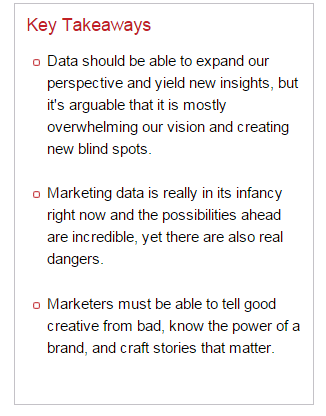
 A friend recently commented on the hubbub around the Apple Watch and the wearables category, in general, noting that most of the data provided by these devices actually is useless. Sure, we’re all counting steps and strides and hours slept, but we’re not really doing anything about it. And as our culture becomes more obsessed with measuring everything, we seem to move further away from knowing what we actually need to know.
A friend recently commented on the hubbub around the Apple Watch and the wearables category, in general, noting that most of the data provided by these devices actually is useless. Sure, we’re all counting steps and strides and hours slept, but we’re not really doing anything about it. And as our culture becomes more obsessed with measuring everything, we seem to move further away from knowing what we actually need to know.
For the professional—or even the serious amateur—the case for constant activity data is real. You absolutely can improve training and performance when you have more and better data. For everyone else, though, the link between the data and the improvement is much weaker. We track our steps, but are we getting any healthier?
A similar situation exists for marketers, as well: We have access to vast amounts of data about our campaigns, visitors, engagement, social sharing and everything else under the sun (or rain, if you are tracking the impact of weather on the performance of your campaigns). Today’s CMOs, along with their staff, must be ever more deeply versed in data, analytics and metrics. Hundreds of tools and platforms for capturing, analyzing and optimizing marketing data are readily available (though many with hefty price tags) for our use. Why? Because the prevailing assumption is that data makes us better marketers.
That is the big lie, and it’s a lie that we are quickly allowing to consume us and change our behavior, for both good and bad. Data should be able to expand our perspective and yield new insights, but I’d argue that it is mostly overwhelming our vision and creating new blind spots.
Much like runners who are so obsessed with the data on their watches that they miss the gorgeous morning fog rising or the pothole right in front of them, marketers are losing sight of many important elements as they dig deeper into metrics on an almost real-time basis. The analogy of forests and trees never loses its relevancy.

Yes, data is essential in today’s marketing environment. The more data we have, the more opportunity we have to connect the right dots. Good data can help drive increased efficiency and effectiveness in all types of campaigns. Marketing data is really in its infancy right now and the possibilities ahead are incredible, yet there are also real dangers. Data can make us passive marketers, waiting for an answer that will never come before we make a change. Data can make us hyperactive marketers, making frequent and endless changes in the hope that something will work.
Authored by Norman Guadagno, vice president of client engagement at Wire Stone, an independent digital marketing agency based in Sacramento, Calif.
Source:ama.org
